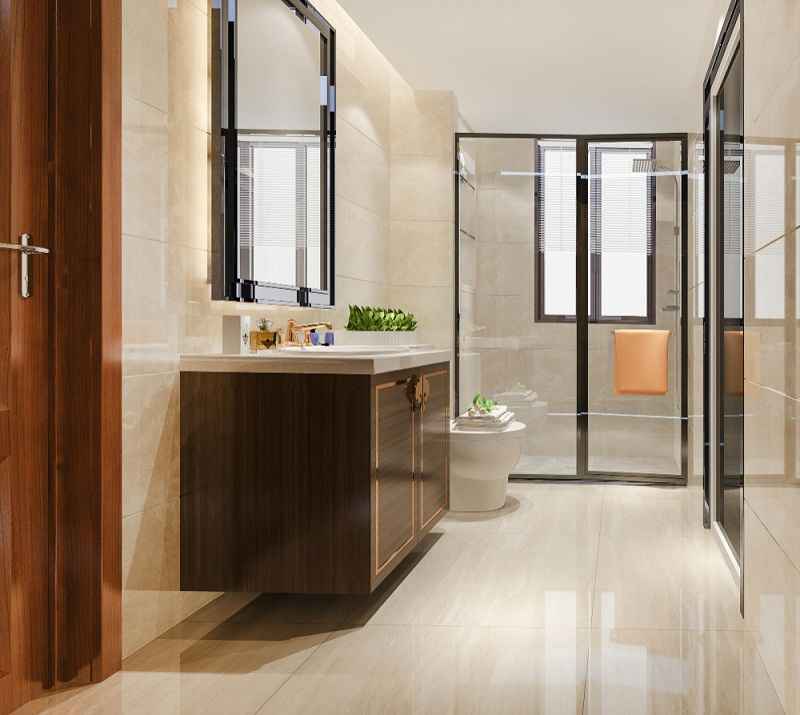The FO2-R fortified designation for a home is an important label that can increase the safety and resilience of your property. But what does it mean, and why should you consider it? In this article, we’ll break it down in simple terms to help you understand this designation and its benefits.
What Does FO2-R Fortified Designation Mean?
The FO2-R fortified designation refers to a home that meets specific construction and design standards aimed at withstanding severe weather conditions, particularly hurricanes and high winds. The term “fortified” is a trademark of the Insurance Institute for Business & Home Safety (IBHS), which develops these standards.
The FO2-R label specifically focuses on reinforcing the roof of the home, as the roof is one of the most vulnerable parts of a structure during extreme weather events.
Key Features of a FO2-R Fortified Home:
- Stronger Roofing Systems: Enhanced materials and installation techniques ensure the roof stays intact under high wind pressures.
- Secondary Water Barrier: Protects the interior of the home from water intrusion, even if the outer roofing materials are compromised.
- Anchored Roof Decking: Helps keep the roof deck secure during severe wind events.
Benefits of Having an FO2-R Fortified Designation
Investing in a fortified home comes with numerous advantages:
1. Enhanced Safety
The FO2-R designation ensures your home is better prepared to withstand hurricanes and severe weather. This significantly reduces the risk of injury or loss during a storm.
2. Reduced Repair Costs
Homes with the FO2-R designation are less likely to sustain extensive damage, which can save you thousands of dollars in repair costs after a storm.
3. Insurance Discounts
Many insurance companies offer reduced premiums for homes with the FO2-R designation, as these homes pose a lower risk of claims due to weather-related damage.
4. Increased Property Value
A fortified designation makes your home more attractive to buyers, especially in areas prone to hurricanes or other extreme weather events.
5. Peace of Mind
Knowing your home is fortified provides a sense of security for you and your family, especially during storm seasons.
How to Get an FO2-R Fortified Designation for Your Home
Achieving this designation involves several steps:
Step 1: Hire a Certified Contractor
Work with a contractor who is familiar with IBHS fortified standards. They will assess your home’s current condition and recommend necessary upgrades.
Step 2: Follow IBHS Guidelines
Ensure your contractor follows the specific guidelines for the FO2-R designation, which include roof improvements, water barriers, and anchoring systems.
Step 3: Submit for Certification
After the upgrades are complete, your contractor will submit documentation to IBHS. An inspector will verify that your home meets the FO2-R standards.
Step 4: Maintain the Designation
Keep your certification valid by maintaining your home according to IBHS guidelines. Regular inspections may be required.
Costs Associated with FO2-R Fortification
While the cost of fortifying your home depends on its size and current condition, the investment can range from $5,000 to $15,000 or more. However, the potential savings in repair costs and insurance premiums often outweigh the upfront expense.
Why Choose FO2-R Over Other Fortified Designations?
The FO2-R designation specifically focuses on protecting the roof, which is a critical component in maintaining the overall structural integrity of your home. While other fortified standards may address additional aspects like walls and foundations, the FO2-R designation offers a targeted approach for homeowners primarily concerned about roof vulnerabilities.
Final Thoughts
A FO2-R fortified designation for your home is an investment in safety, resilience, and long-term value. It not only protects your family and property during severe weather but also offers financial benefits through reduced insurance premiums and increased property value.
By taking steps to achieve this designation, you’re ensuring your home is equipped to handle the challenges of extreme weather, giving you peace of mind and a safer place to live.
- IBHS Official Website for more details on the fortified home program.
- FEMA Guidelines for Storm-Resistant Homes.
Read More: Home Threads






